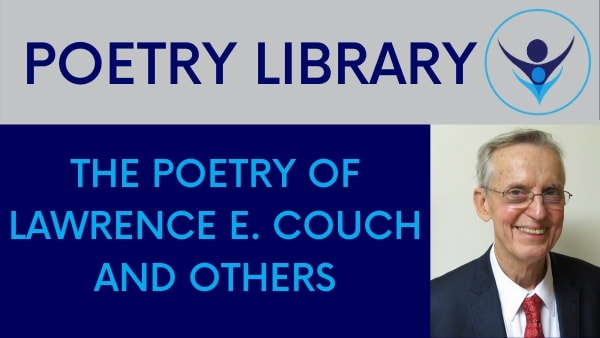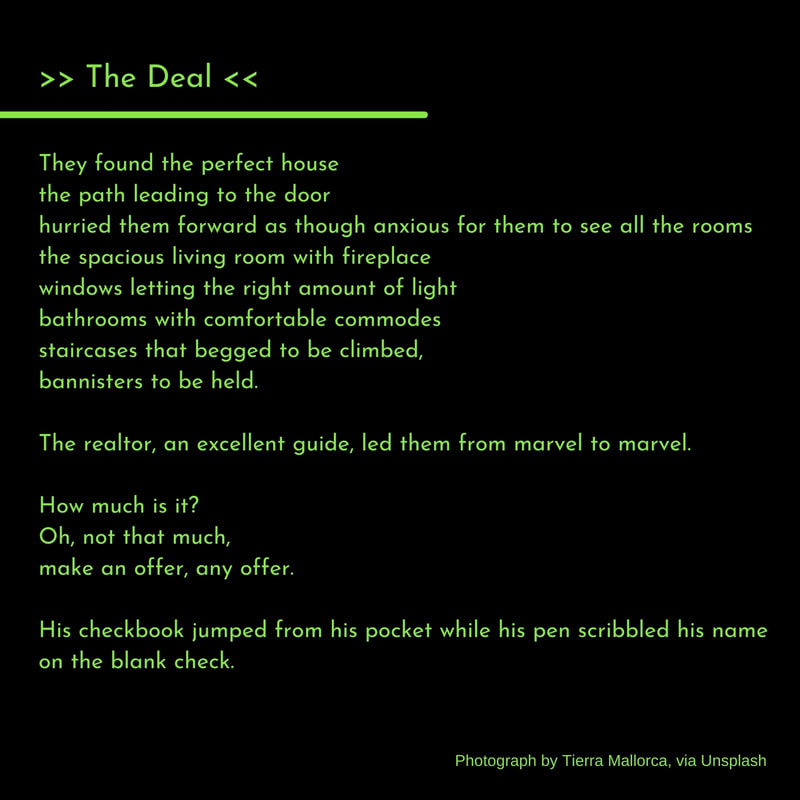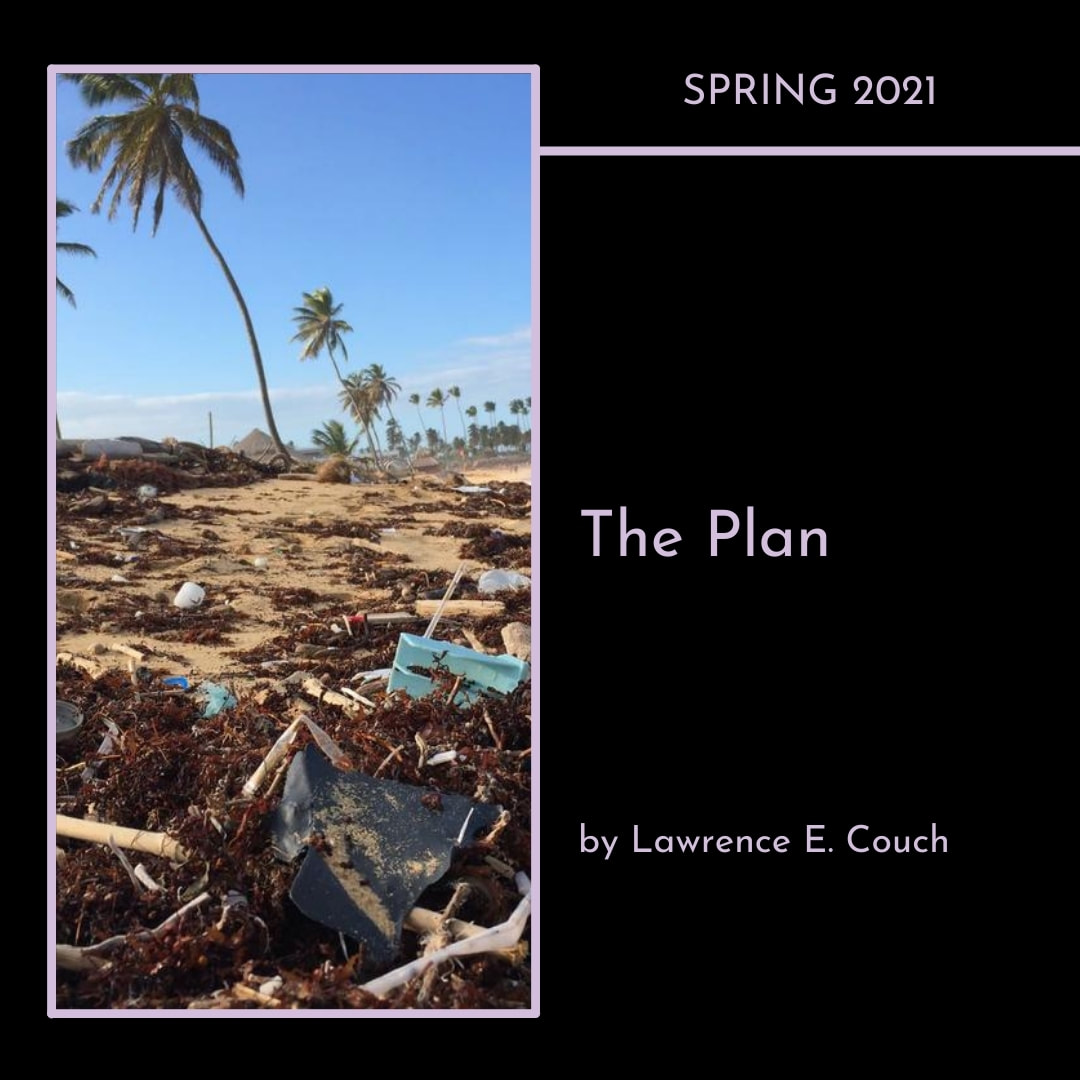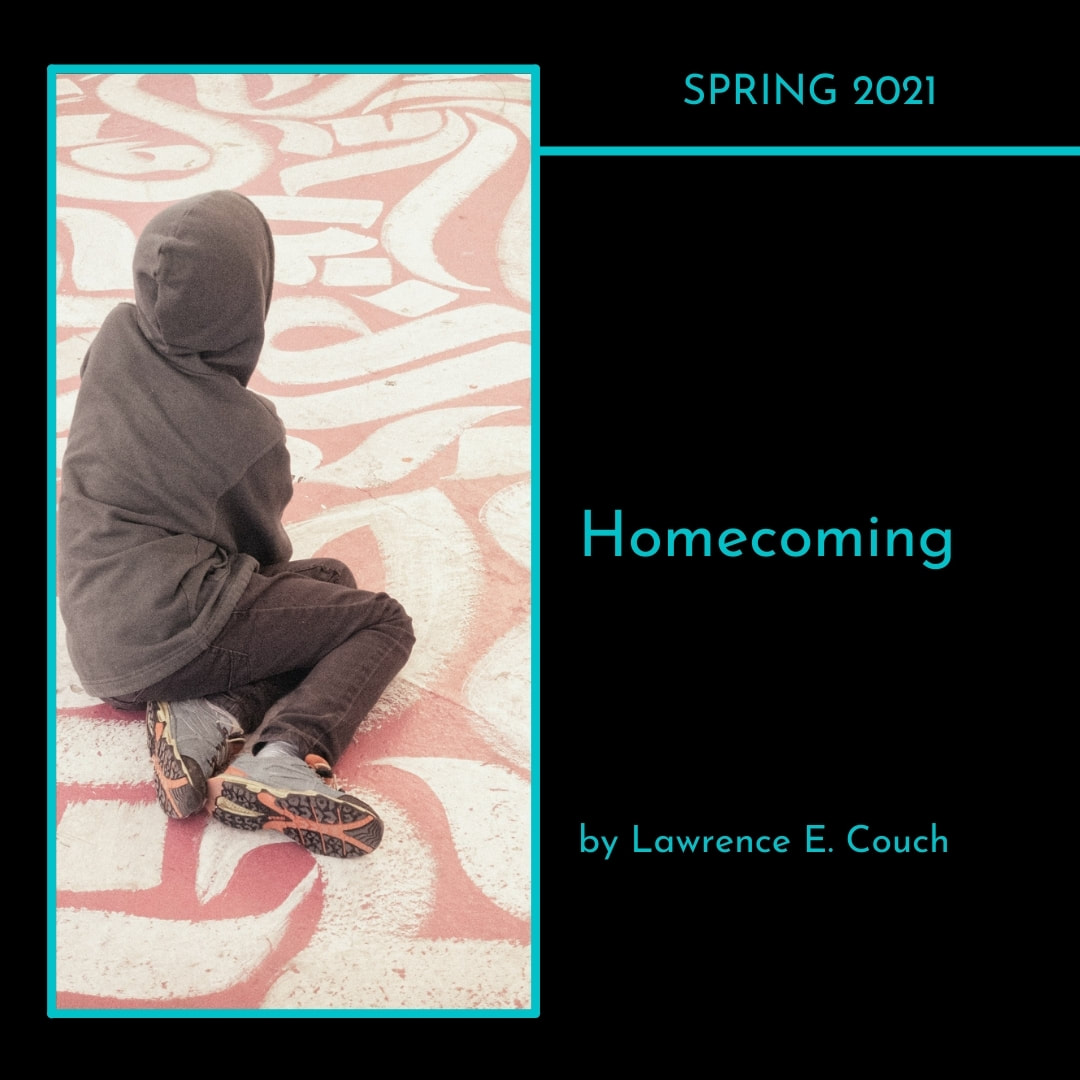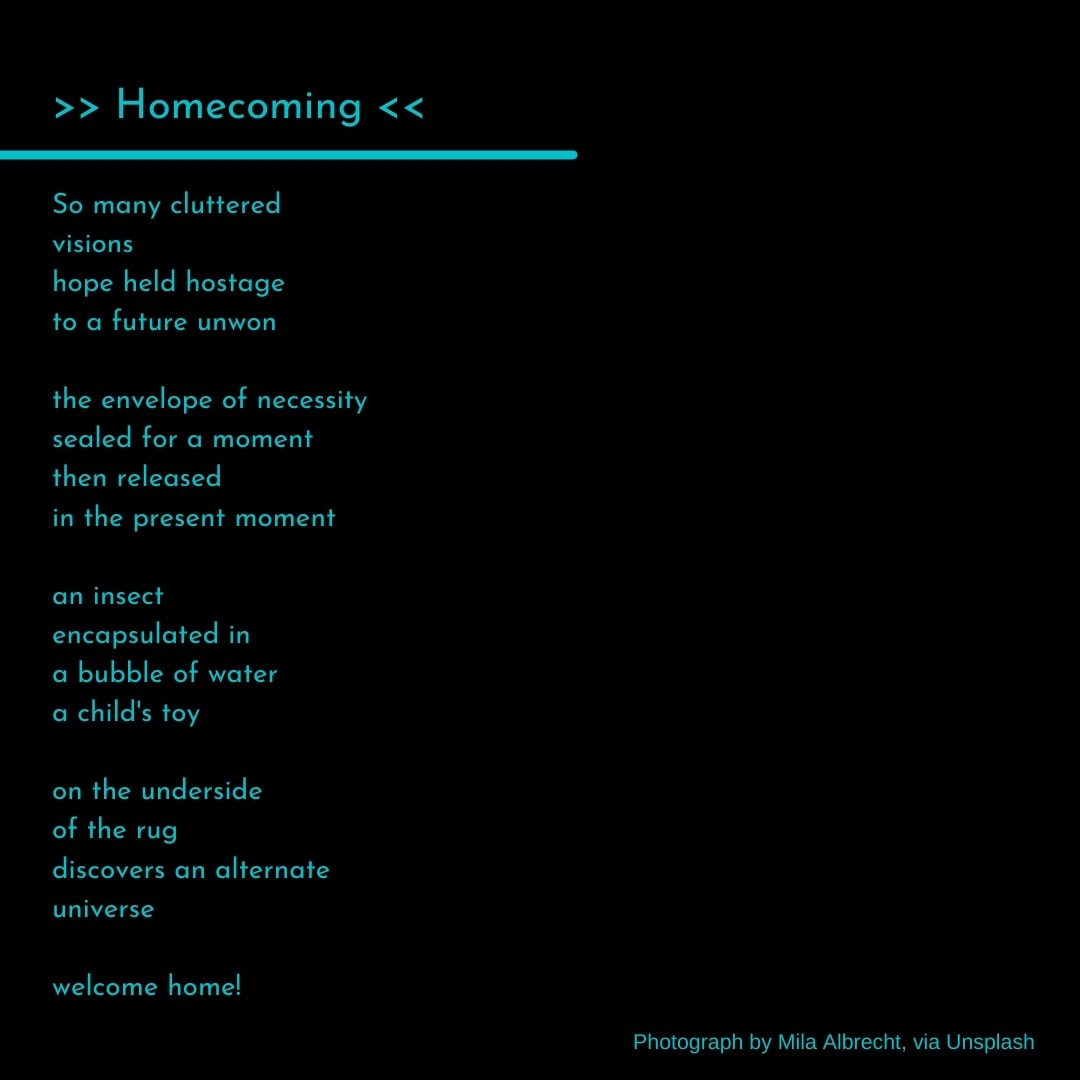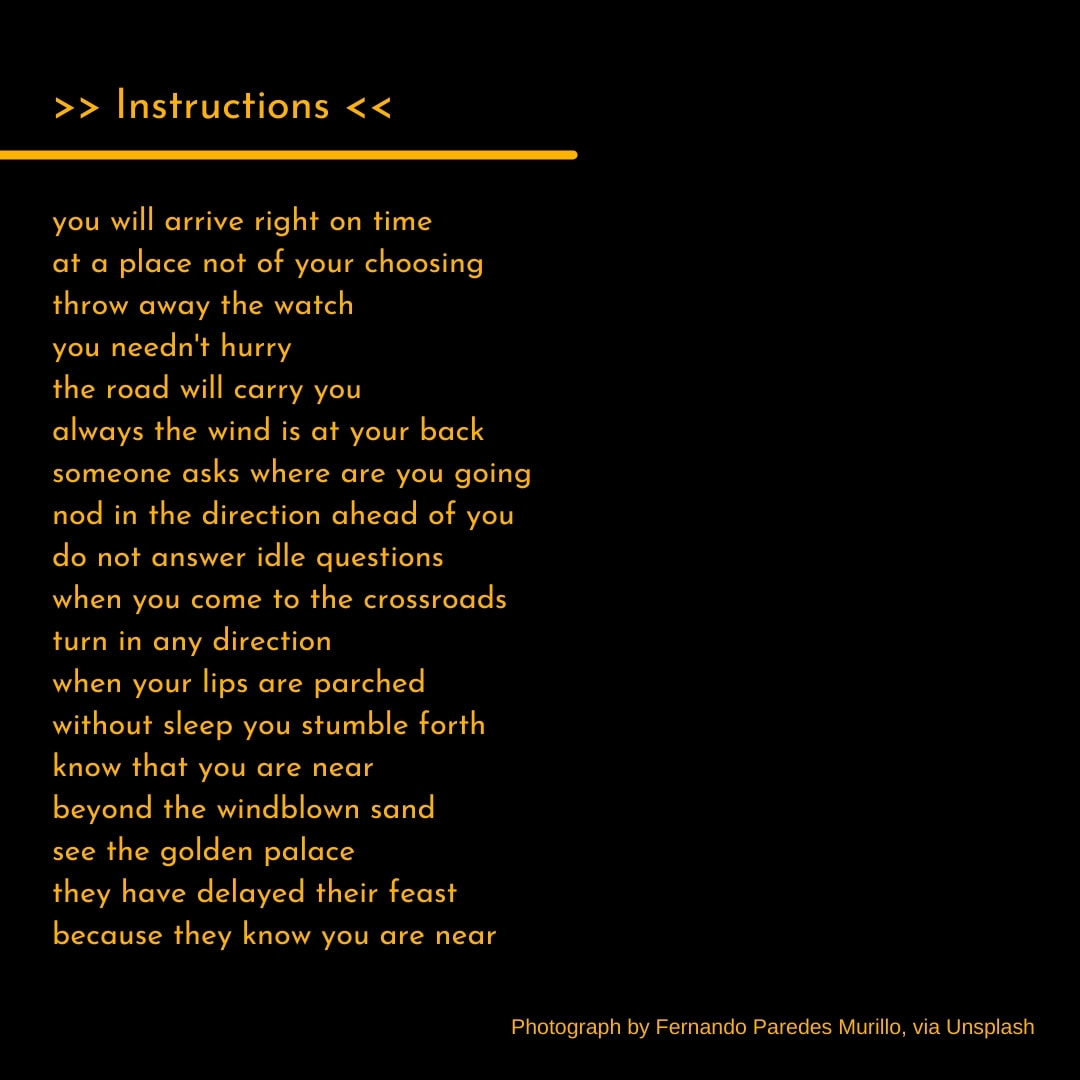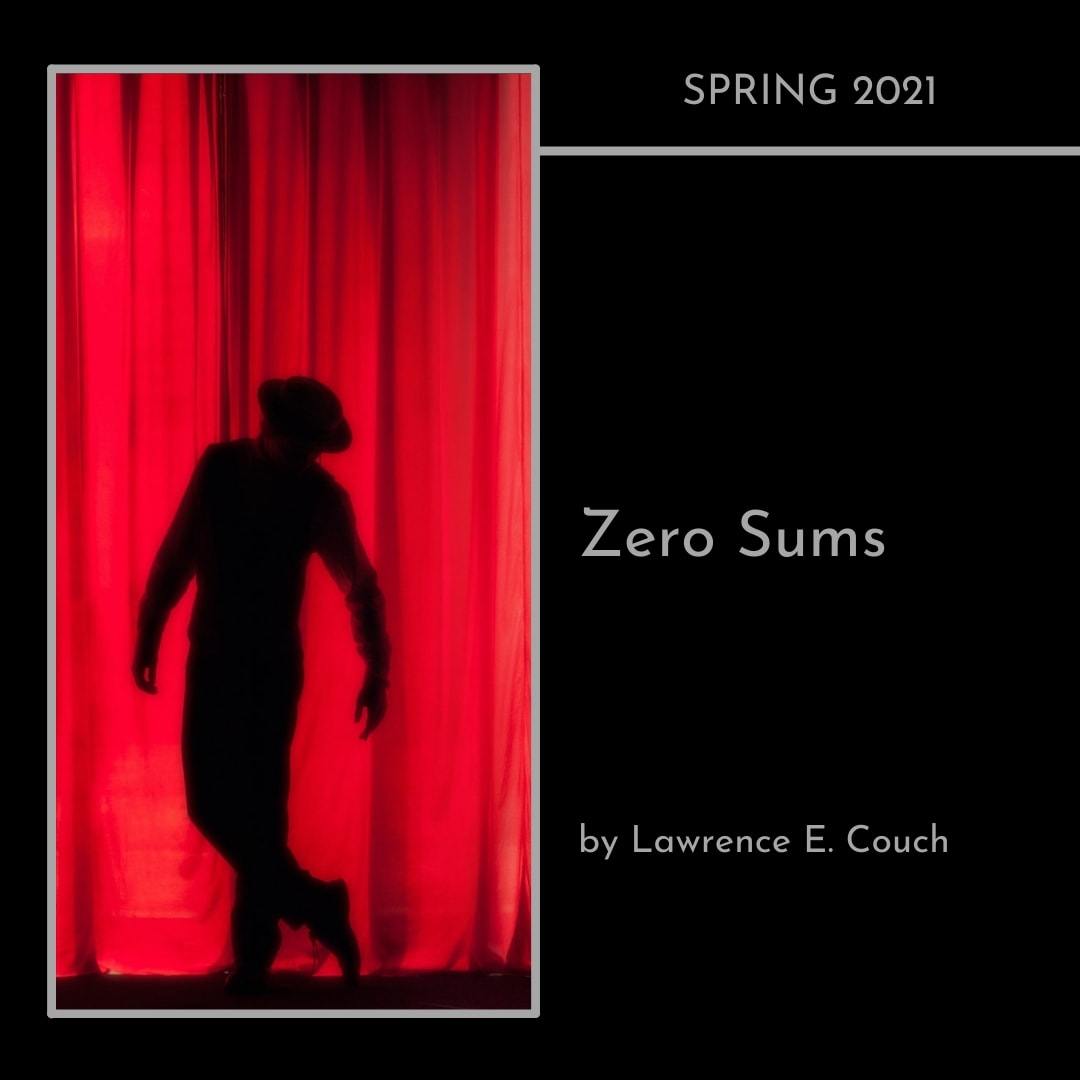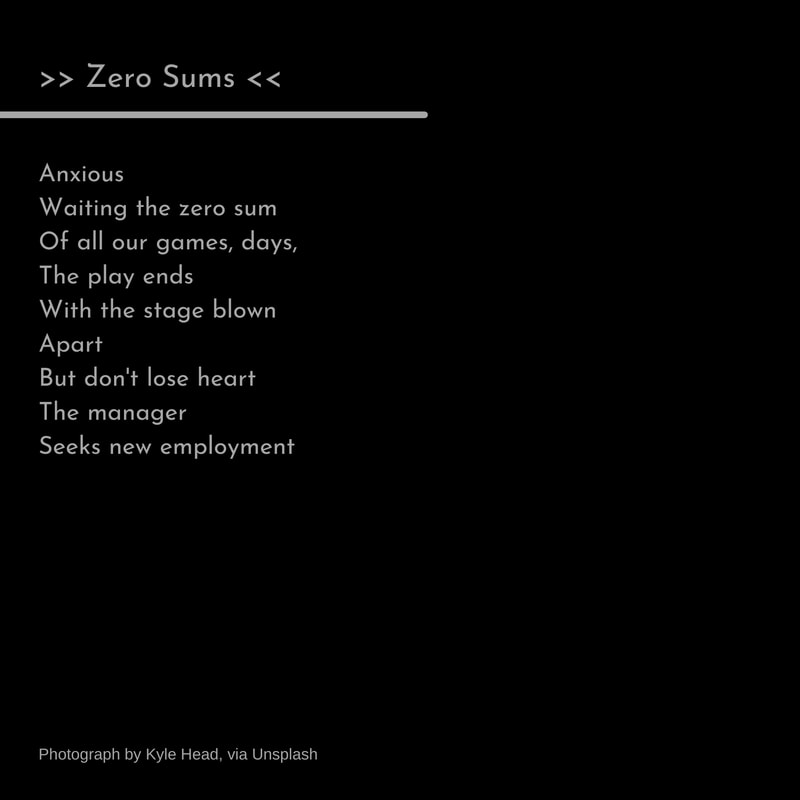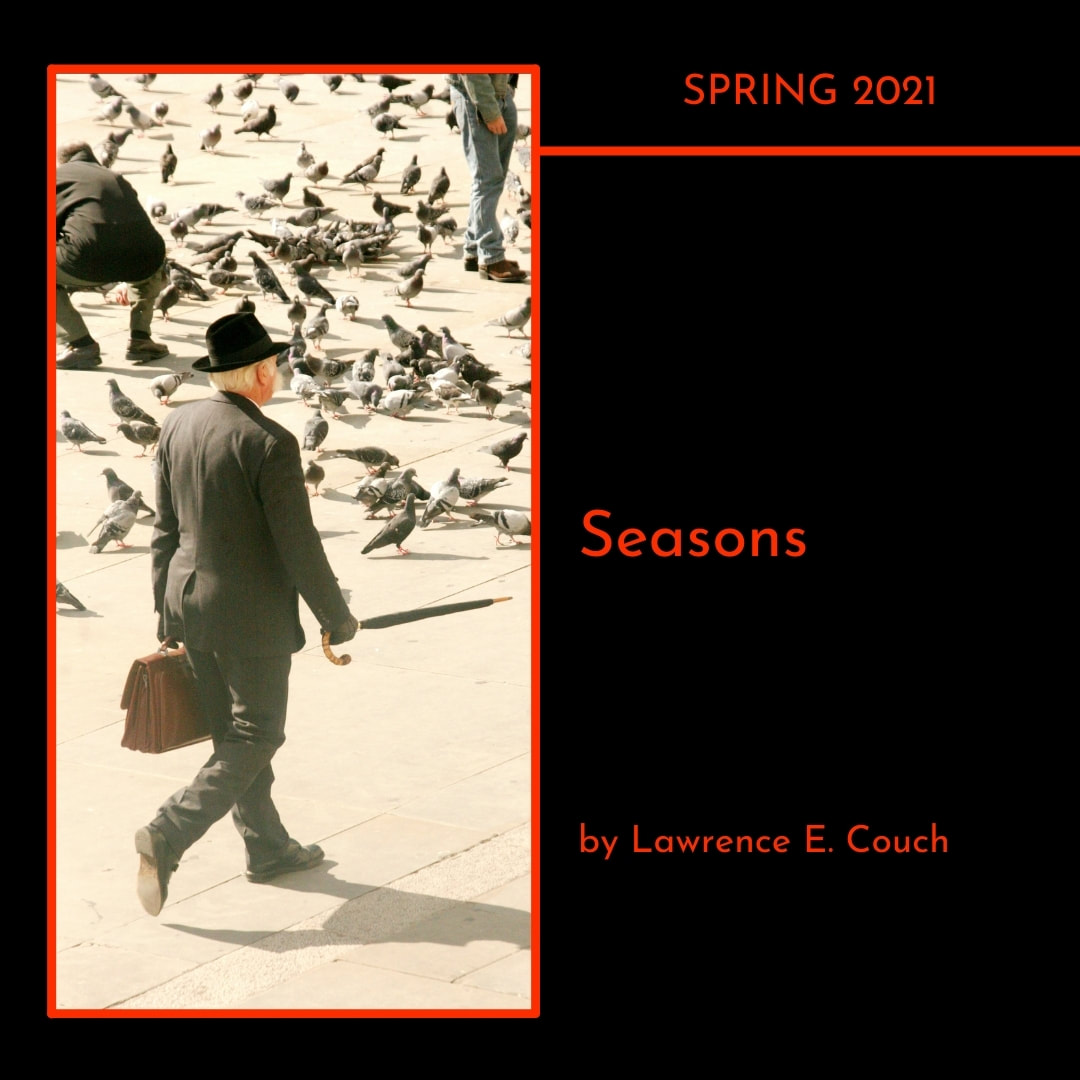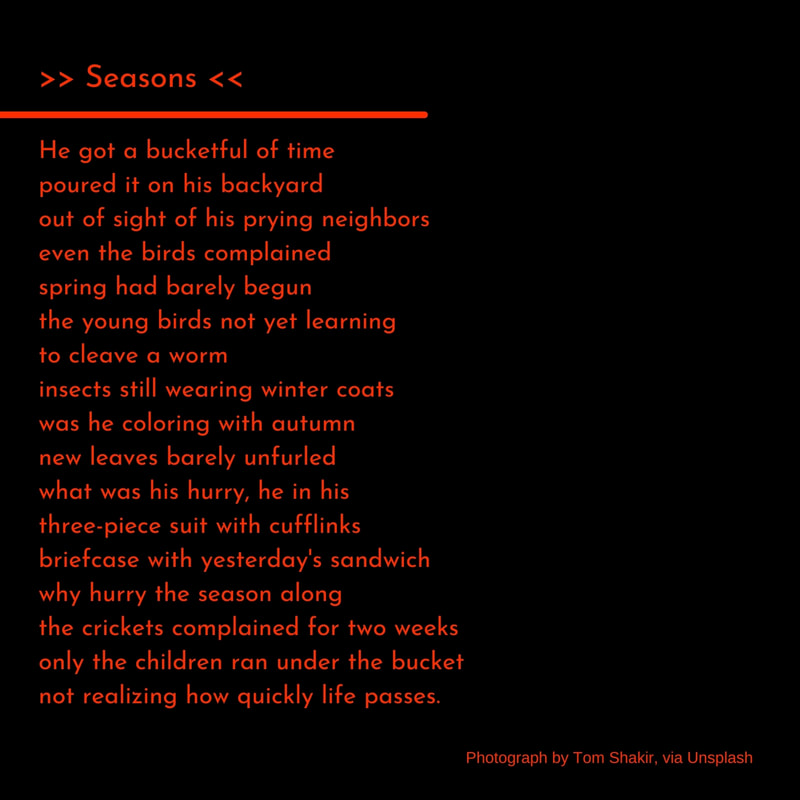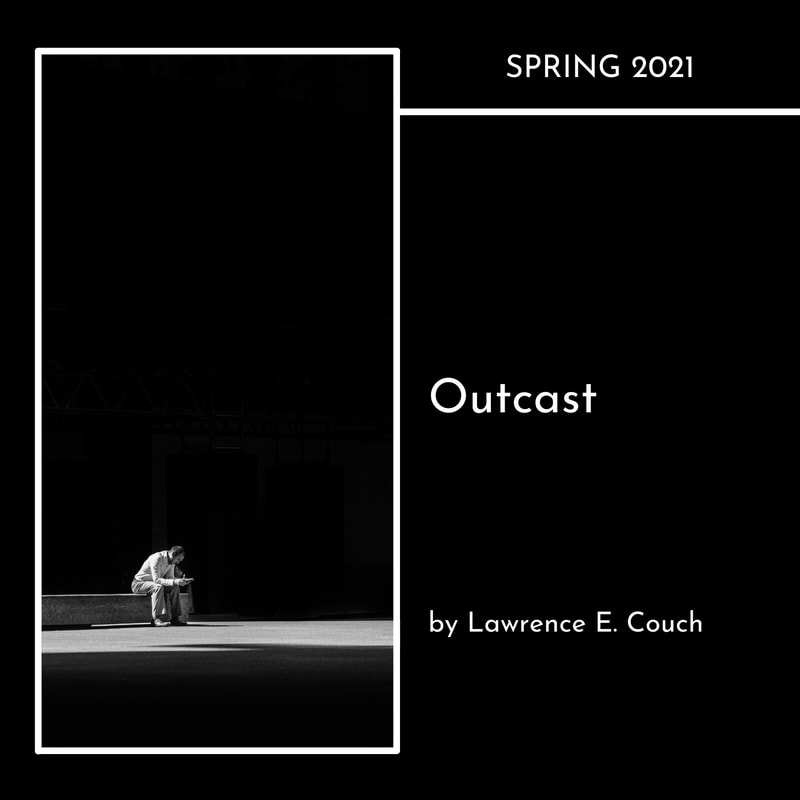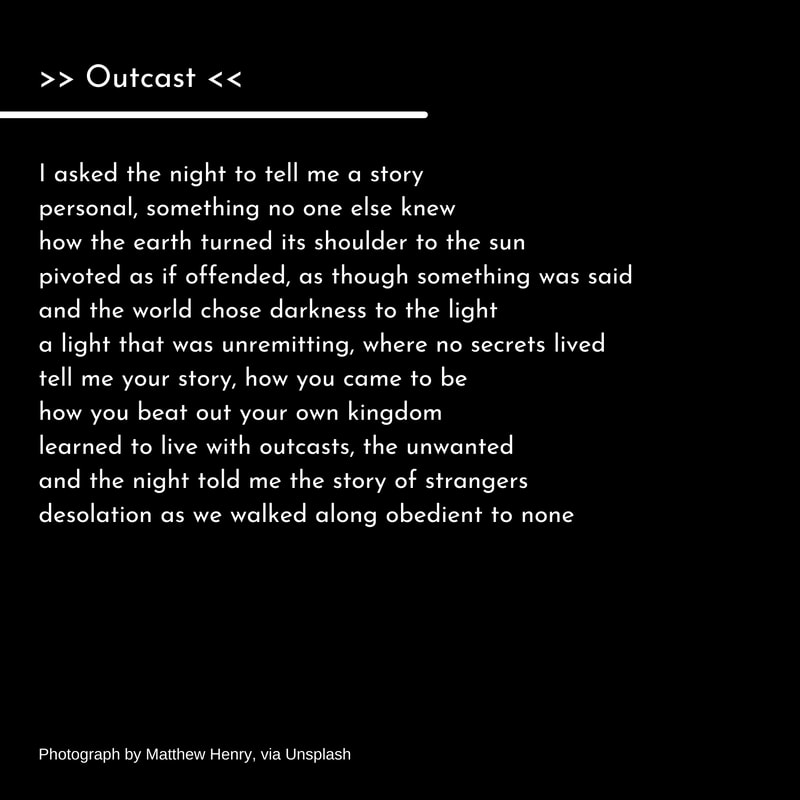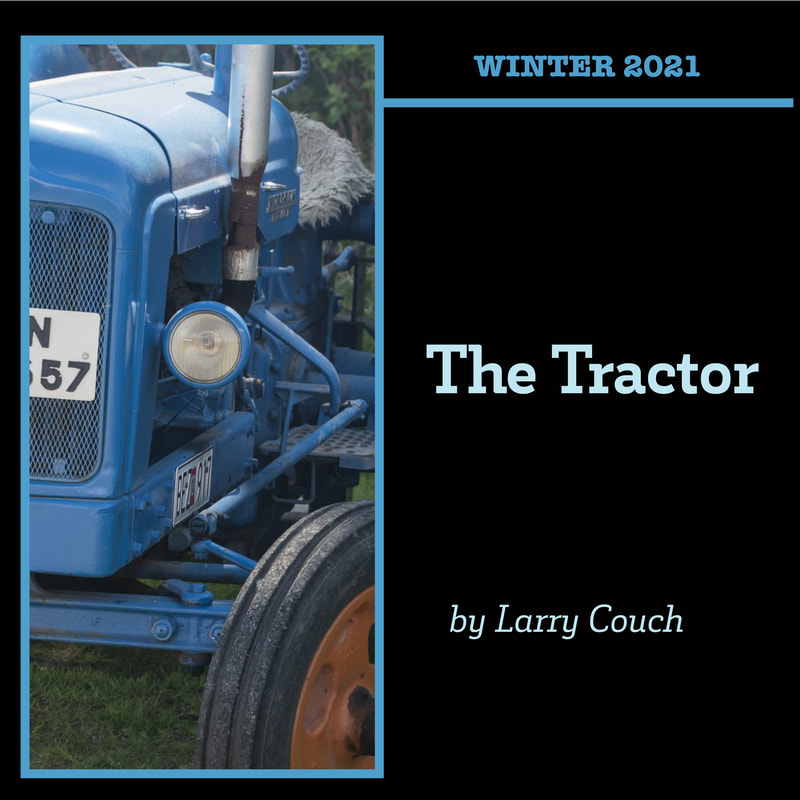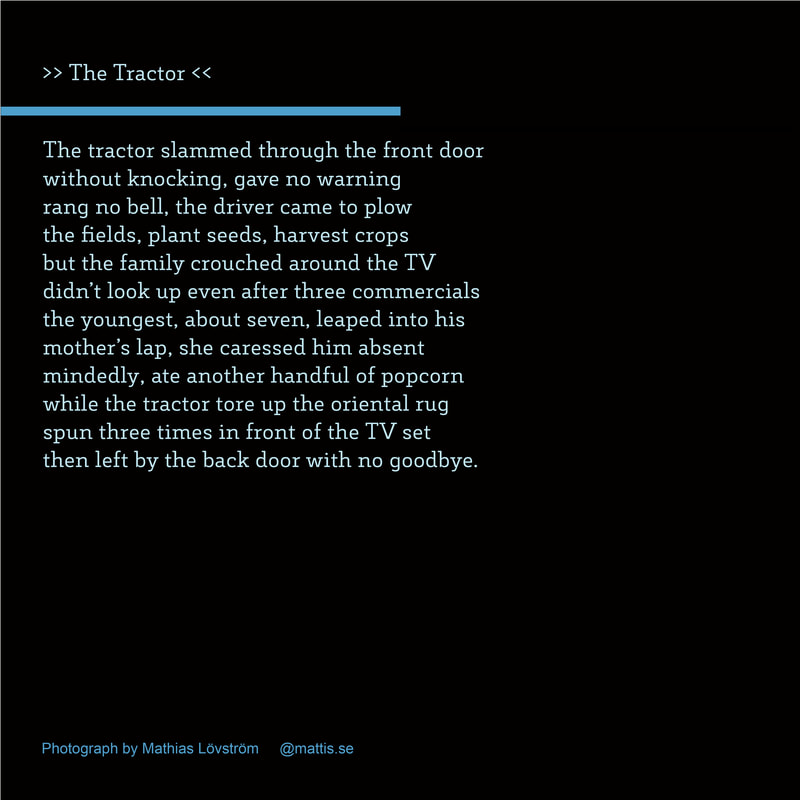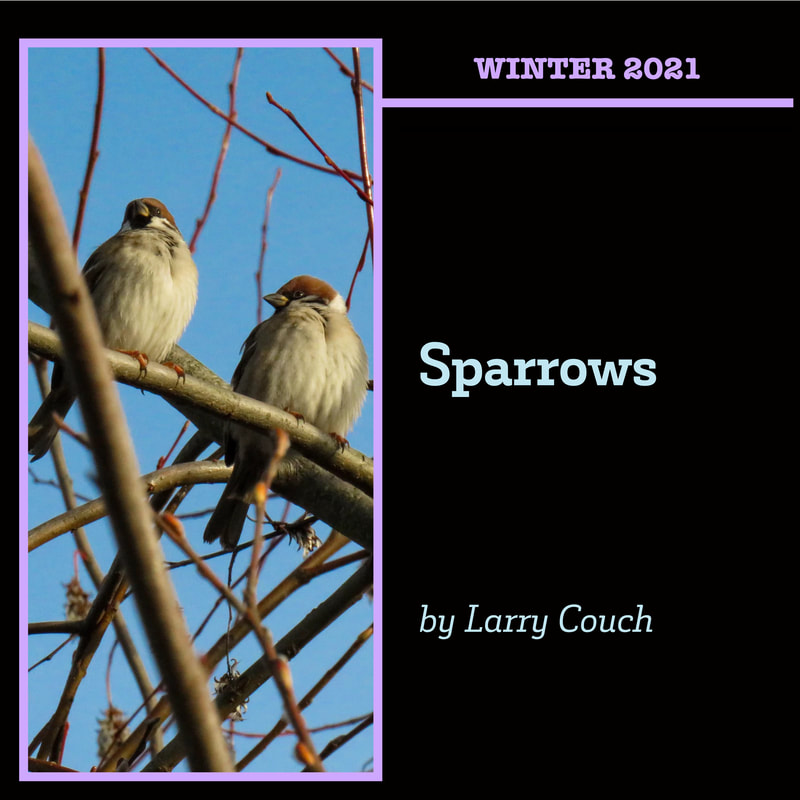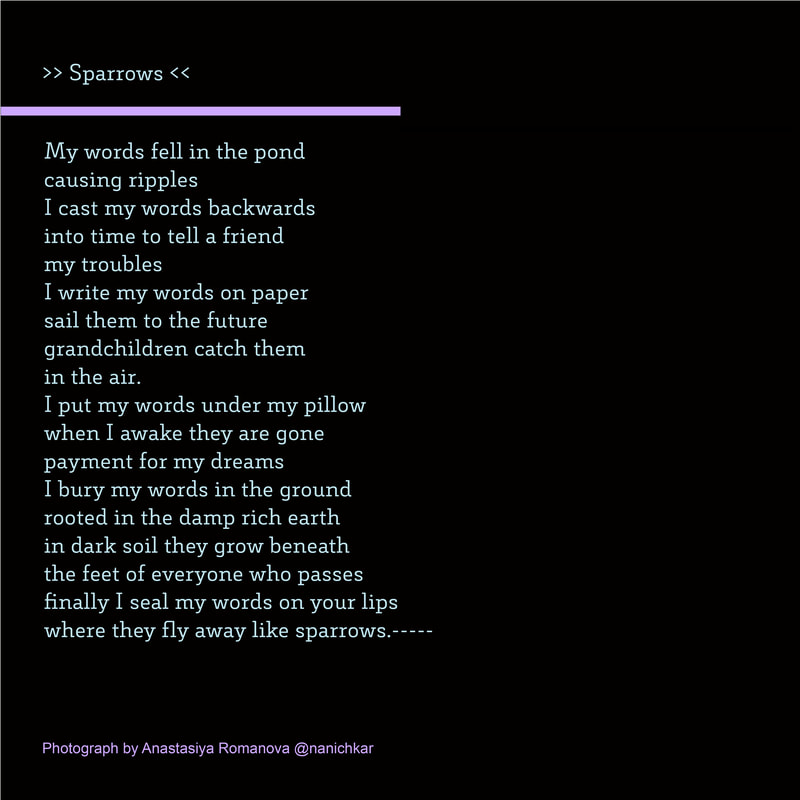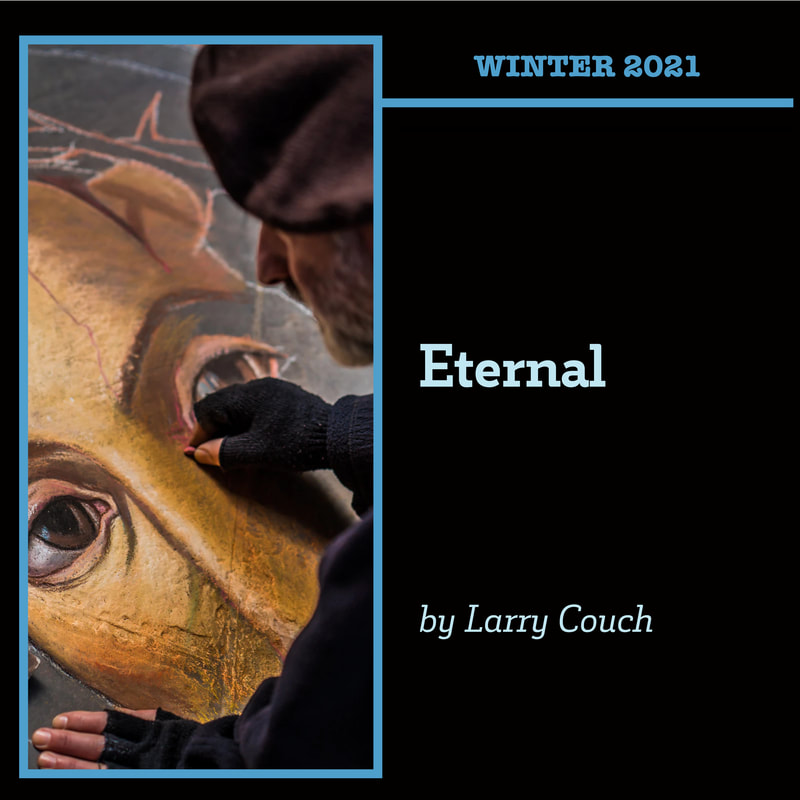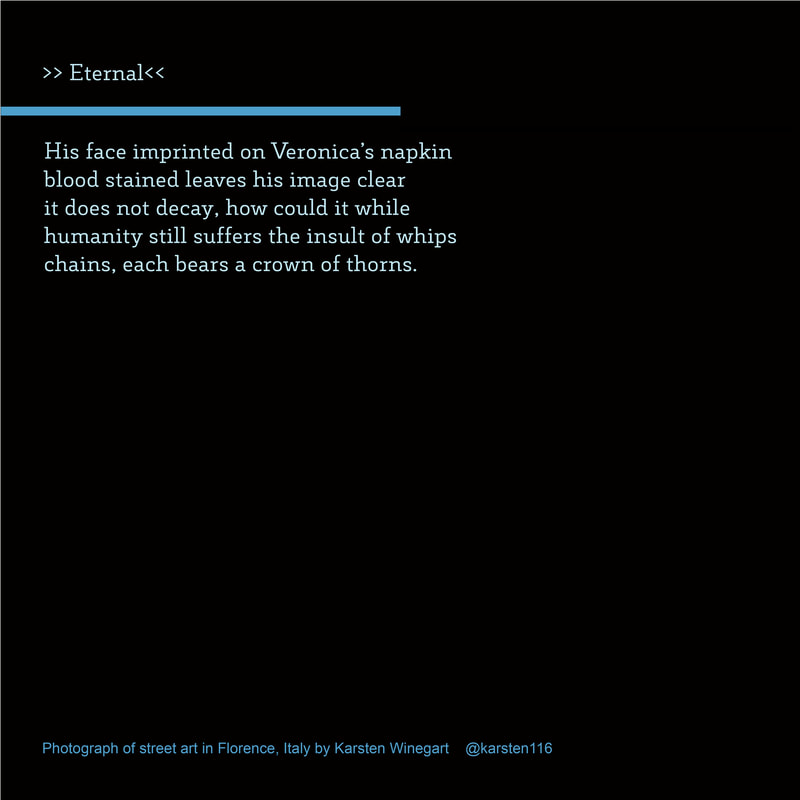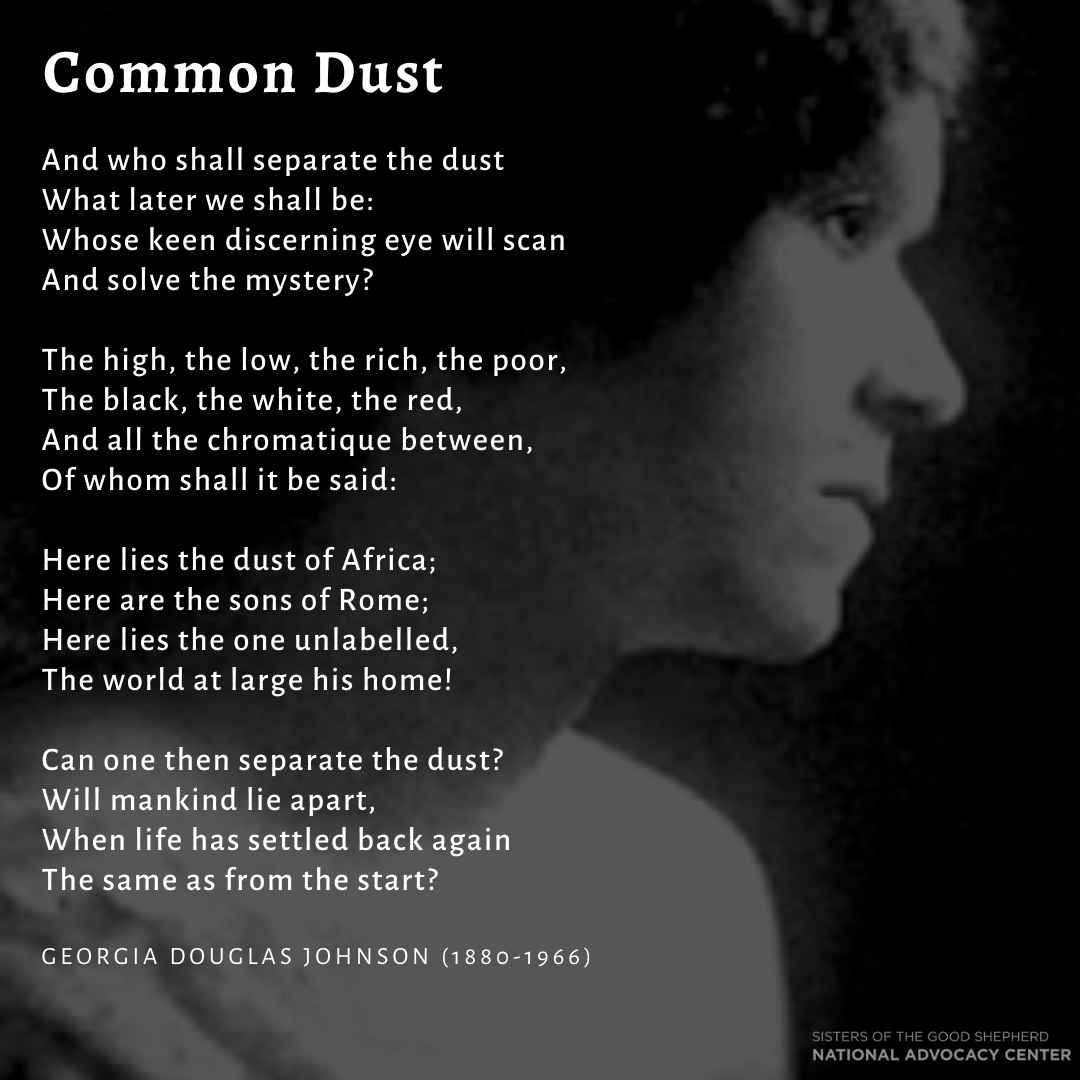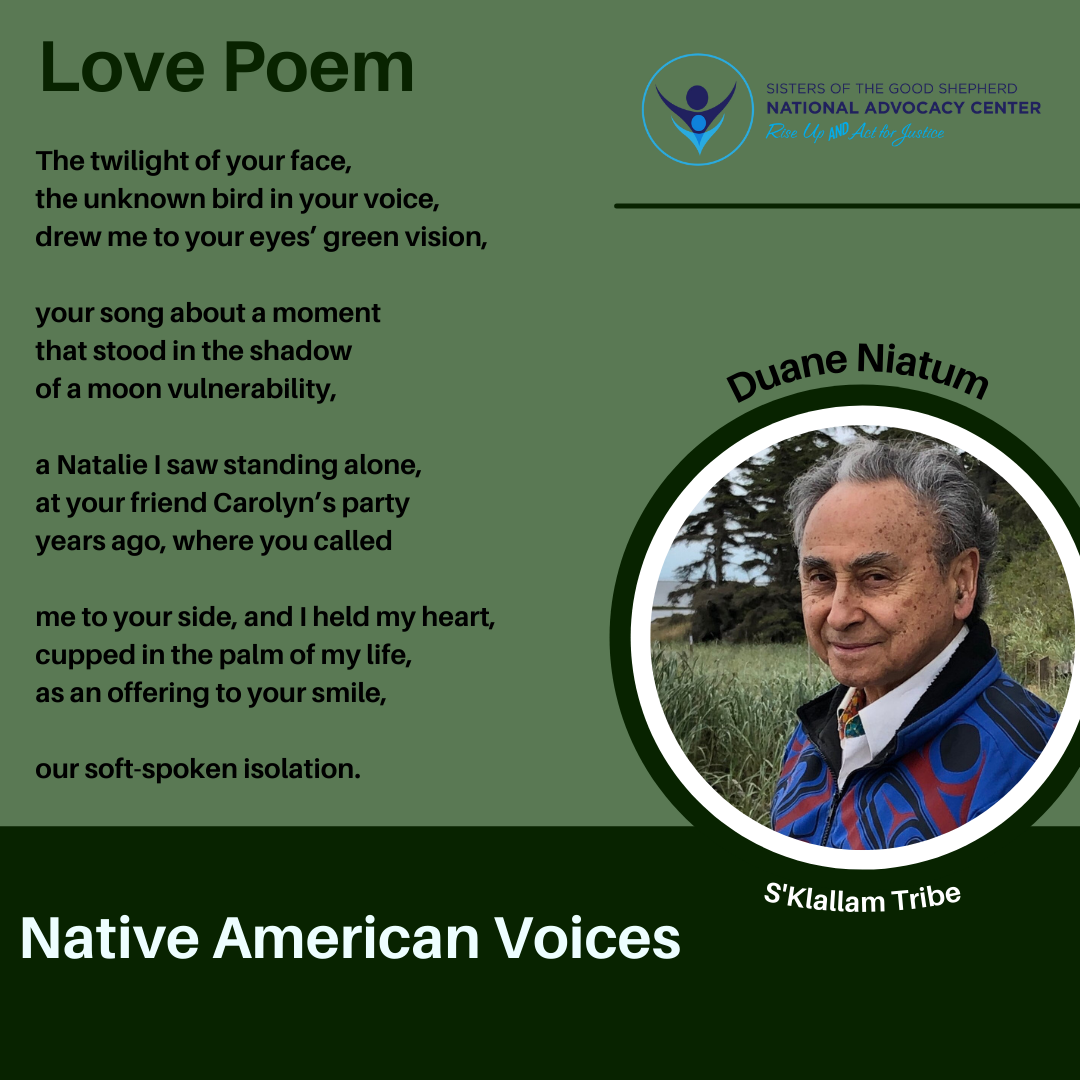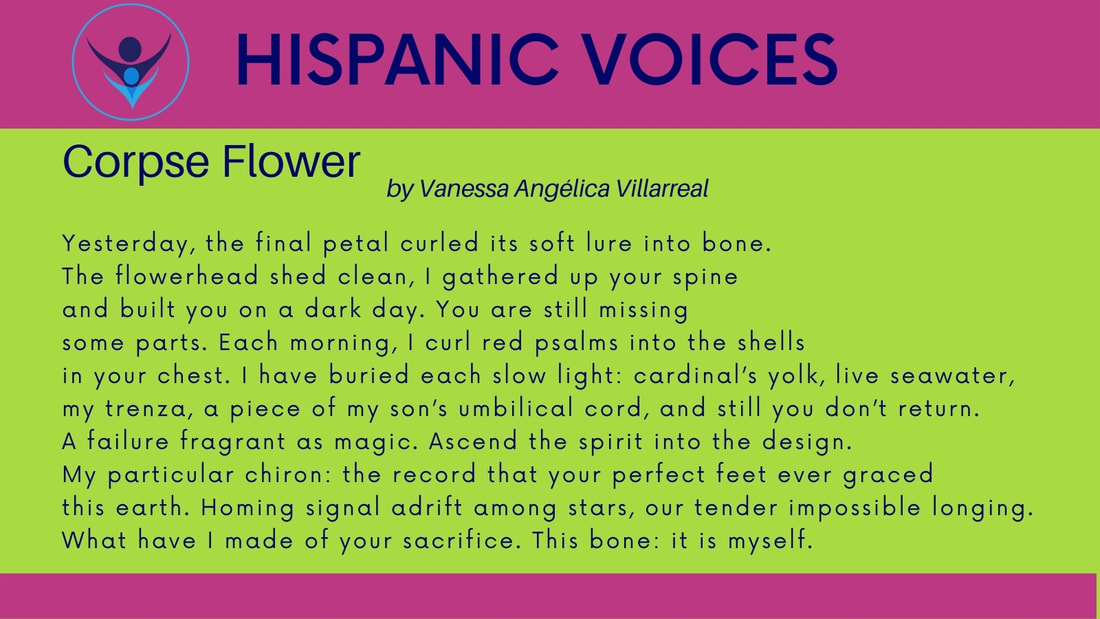#WednesdayWords |
Artistic Expression & Social Justice
Poetry and other forms of artistic expression have a critical role in advancing social justice, which is the concept that each person should be respected and have equal rights and opportunities.
Beginning in February 2021, for Black History Month, NAC began featuring Black poets. NAC continued then featuring Hispanic and Native American voices in 2021 and we continue the practice in 2022 to share these voices and grow in our awareness. Art helps us process our experiences and emotions, including our struggles. Creative self expression can help us find renewal and hope after suffering from injustice. The process of creating art helps us become more present to our own selves, experiences, and emotions. By growing in awareness of ourselves, we also start to understand our shared humanity and connection to others as core parts of who we are. Art helps us root out indifference and plants seeds of empathy and compassion in its place. It helps us carve out a little more space in our hearts and minds to hold the experiences and suffering of others. Once we come face to face with our shared humanity, it can no longer be ignored. The natural response to the sense of empathy and connectedness that we find through art is to act for social justice. |
Larry's Poetry
Poetry has long been a passion for former NAC Director Larry Couch, who says: “Poetry enables me to open myself to my deeper thoughts, to use language in unexpected ways, and to communicate with other people at a different level of meaning. Also, it is a lot of fun.”
At NAC, we focus on advocating at the national level for an end to systemic injustices. But the heart of our work, and of any work towards social justice, is also personal. |
Black Voices in Poetry
For #BlackHistoryMonth, we highlight the work of Black voices in poetry.
A compilation of all voices collected is available here. Georgia Douglas Johnson was a Black poet and critical figure of the Harlem Renaissance in Washington, D.C. She was born in Atlanta, Georgia, and moved to Washington, D.C. in 1910. Johnson released numerous poetry collections and traveled extensively to give poetry readings. After her husband’s death in 1925, her house in D.C. became known as the “S Street Salon” as she hosted weekly meetups there for friends and artists. The S Street Salon became the center of the Harlem Renaissance in D.C. and was frequented by the likes of Langston Hughes, Anne Spencer, and Zora Neale Hurston.
Johnson achieved great success during her lifetime. She died of a stroke in 1966, just one year after receiving an honorary doctorate in literature from Atlanta University. Native American Voices in Poetry
Honoring Native American Heritage Month through their voices.
#NativeAmericanHeritageMonth #NativeAmericanVoices A compilation of all voices collected is available here. Duante Niatum was born in Seattle in 1938, a member of the S’Klallam tribe of Washington’s Olympic Peninsula. In his poetry, Niatum reflects on the landscape of the Pacific Northwest coast, as well as on the legends and traditions of his ancestors.
While European settlers did not come the Pacific Northwest until the 18th century, the diseases they brought to North America preceded their physical arrival in the land today known as Washington. Between 1500 and the late 1700s, it is estimated that European diseases like smallpox and tuberculosis killed two-thirds of Washington’s indigenous population. In 1874, the S’Klallam people purchased 210 acres of land near Dungeness, thus establishing the Jamestown S’Klallam community. In 1981, the federal government officially recognized the Jamestown S’Klallam Tribe. As of 2020, there are approximately 548 enrolled Jamestown S’Klallam Tribal citizens. (Source: Jamestown S’Klallam Tribe) Hispanic Voices in Poetry
For Hispanic Heritage Month 2021, we highlight the work of Hispanic voices in poetry. National Hispanic Heritage Month spans from September 15 - October 15.
#HispanicHeritageMonth #HispanicVoices A compilation of all voices collected is available here. Featuring Vanessa Angélica Villarreal, a first-generation U.S. citizen raised in Houston Texas by Mexican immigrant parents: Her debut poetry collection Beast Meridian has received many awards, including the 2019 Whiting Award. Villarreal’s work aims “to recover the truth from the absences and silences of migration, violence, and colonial erasure.”
|

